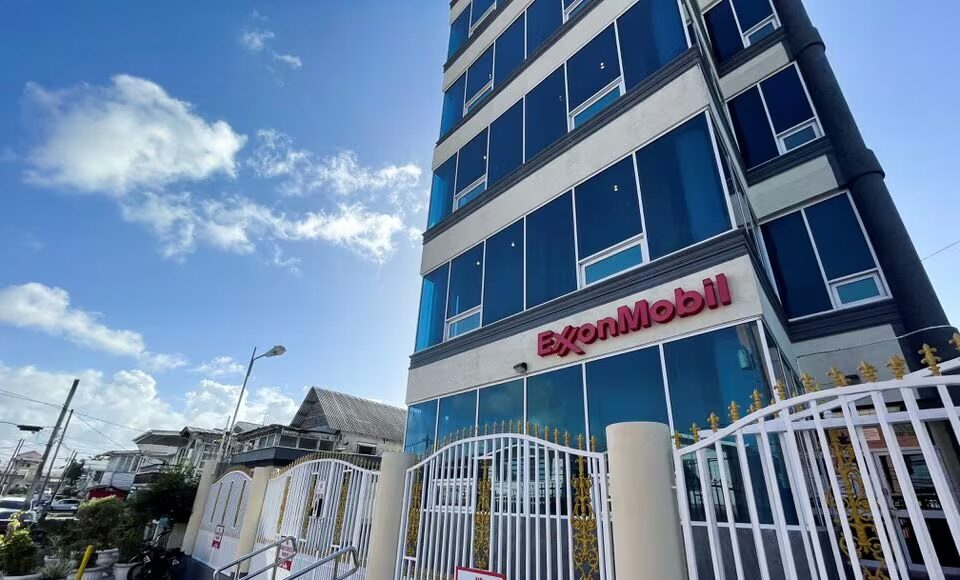ExxonMobil, the operator of the Stabroek Block offshore Guyana, is poised to pause its oil output in the third quarter of 2024 to facilitate the completion of a gas pipeline network that is crucial to the landmark Gas-to-Energy project.
This significant undertaking aims to supply natural gas for the monumental US$1.9 billion gas-to-power initiative, a project intended to revolutionize the nation’s energy landscape and significantly alleviate its energy costs.
This revelation came from Exxon Guyana’s country manager, Alistair Routledge, who disclosed the temporary halt during a recent announcement, stating it will occur in the third quarter of the year. This disclosure underscores the project’s complexity and strategic significance. Exxon, along with consortium partners Hess and China’s CNOOC, anticipates a potential disruption of up to 12 million barrels of oil output, translating to over US$1 billion in deferred revenue based on recent market prices.
The flagship 300-megawatt power plant, the cornerstone of Guyana’s energy strategy, is already lagging behind by six months, with full operation anticipated only by the fourth quarter of 2025.
He noted Exxon’s commitment to the project remains unwavering, evidenced by its ongoing construction of a 140-mile gas pipeline from the offshore Stabroek block to the onshore facilities. Routledge, assured that the pipeline, valued at approximately US$1 billion, will be completed by year-end, notwithstanding delays in the government-managed works.
While the project delay presents challenges, the Government of Guyana has remained resolute in its pursuit of energy self-sufficiency and cost reduction. The impending completion of the gas pipeline heralds a new era of economic prosperity, promising a 50% reduction in power costs upon full transition to natural gas.
Amidst concerns over project timelines, stakeholders have expressed optimism about the project’s long-term benefits. Winston Brassington, overseeing the power project on behalf of Guyana’s Ministry of Natural Resources, in February acknowledged that there have been hurdles but the government is committed to delivering the project by 2025 to bring tangible benefits to the nation.













